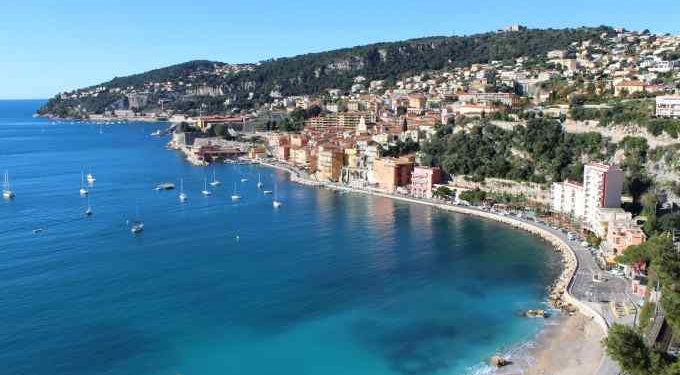
Photo by Valentina Rossoni from Pexels
By Tiffany Duong | EcoWatch
On election day, local voters passed three ballot initiatives to limit the impact of visiting cruise ships on island life and fragile marine habitats. According to the local Board of Elections, 63% of residents voted to ban ships with capacities larger than 1,300 passengers from docking at all; 61% voted to limit the total daily number of passengers disembarking to 1,500; and 81% supported a measure that prioritizes cruise lines with the best environmental and health records to fill those 1,500 slots.
The referenda are effective immediately and binding but are expected to be challenged in court, reported The Points Guy and USA TODAY.
According to the Key West Committee for Safer, Cleaner Ships (SCS), who spearheaded the effort, a cruise line's environmental record will be determined by the number of environmental violations, penalties and fines accumulated. Health scores will be determined under the Center for Disease Control and Prevention's Vessel Sanitation Program.
“For decades, the City of Key West has done nothing to regulate cruise ships, despite growing local frustrations with the threats large cruise ships pose to the environment, quality of life and sustainable economic growth,” SCS treasurer and outspoken opponent of large ships Arlo Haskell explained to EcoWatch. “The fact that cruise ships now pose a clear risk to public health due to Covid-19 was, for us, the last straw.”
Cruise ships often damage the environment. In addition to creating vast amounts of waste and carbon emissions, they also degrade nearby habitats.
Surfrider Florida Keys (SRFK) supported the three initiatives to “give our coral reefs and marine environment a voice,” said vice-chair Whitney Wemett. The local coral reefs serve as vital nursery grounds, aggregation spots, habitat and food source for many marine species, she noted.
According to Haskell, the Key West port is narrow, shallow and long. It's also located right next to part of the only barrier coral reef in the country, the survival of which is dependent upon clean, clear water. Transiting cruise ships stir up silt from the seafloor and create “chronic turbidity” lethal to sea life. SRFK chair Shawn Martin hopes the exclusion of bigger ships will reduce not just the sediment plumes of silt over the reef but also pollution from human sewage, greywater and plastic waste.
“Limiting the type and size of cruise ships coming into port will lessen the stress on the ocean ecosystem and be a step in the right direction for improving water quality — a crucial element to healthy reefs,” Martin told EcoWatch.















